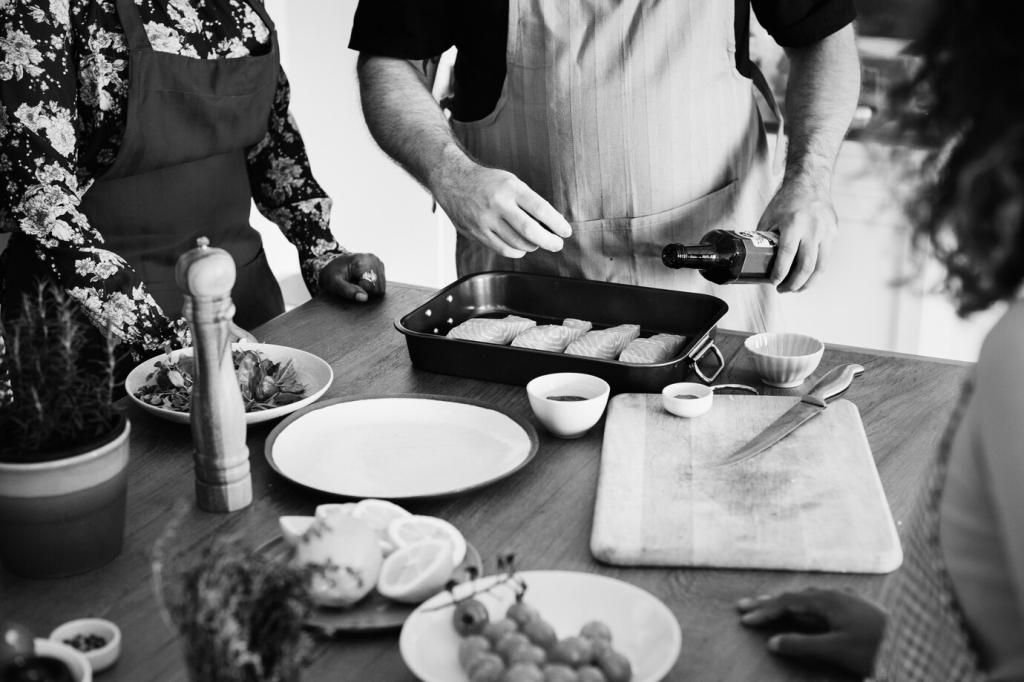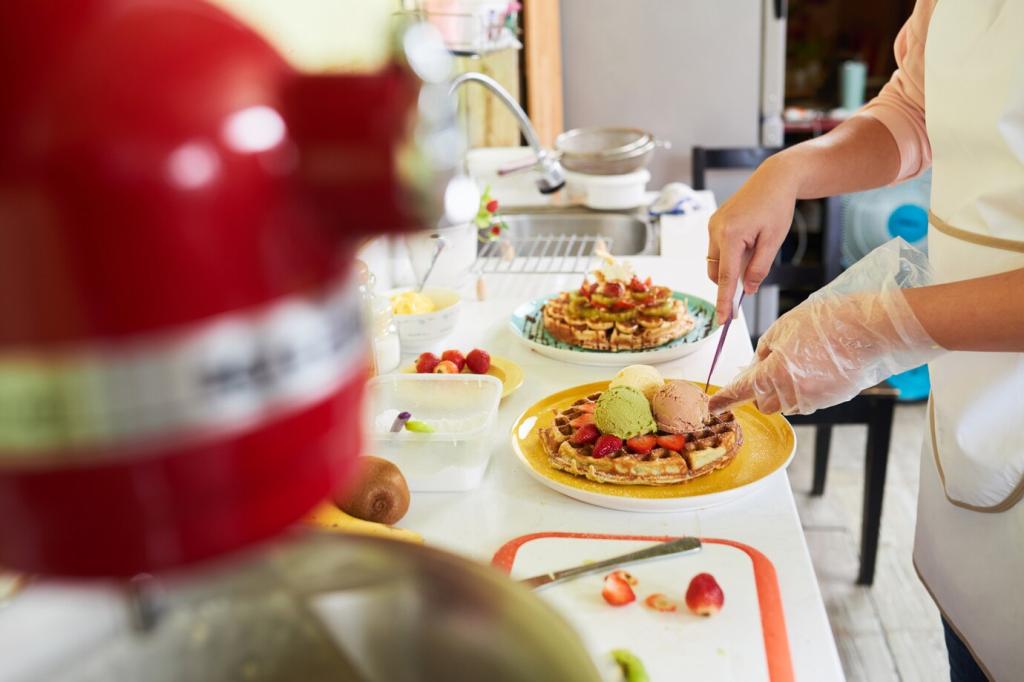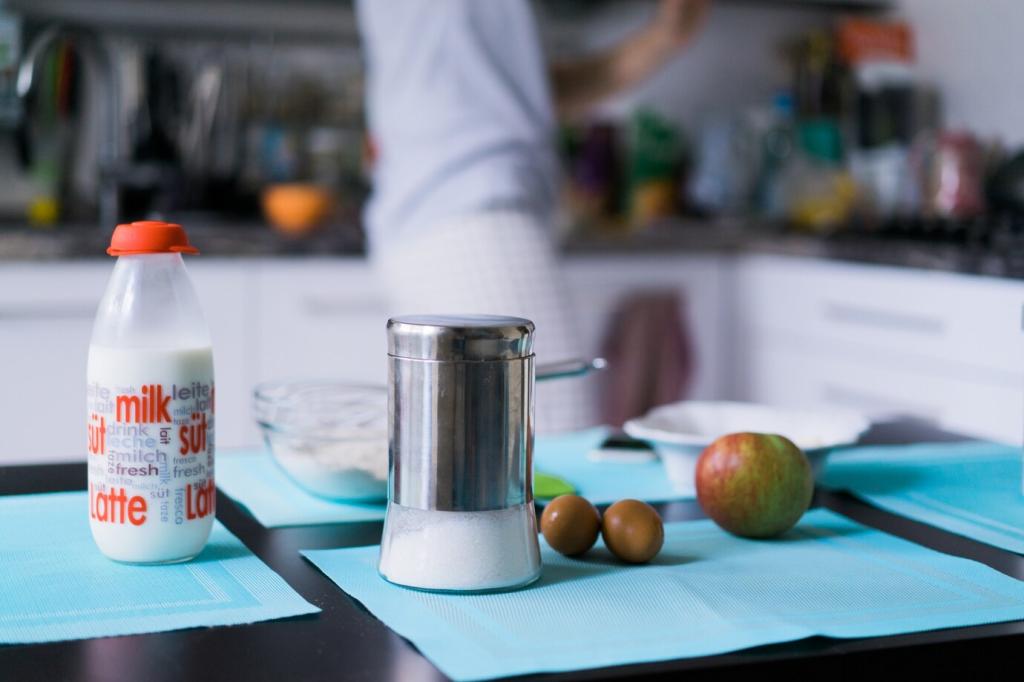AI in the Kitchen: Revolutionizing Recipe Creation
The art and science of cooking are undergoing a transformation, thanks to the rapid advancements in artificial intelligence. AI is entering the kitchen, not merely as a tool, but as a creative partner—an engine for innovation and culinary exploration. From generating unique recipes tailored to individual tastes to optimizing cooking processes and ingredient combinations, AI is redefining how we approach food. As technology bridges the gap between data and palate, home cooks, chefs, and food technologists alike are discovering a new frontier in recipe development—one fueled by algorithms, analysis, and a dash of culinary curiosity. This paradigm shift promises to make cooking more accessible, personal, and exciting than ever before.

AI-powered recipe engines begin by gathering comprehensive data about individuals’ flavor preferences, ingredient inclinations, and even aversions or allergies. By collecting information from previous meal ratings, purchase histories, and explicit user input, these systems construct intricate taste profiles. Machine learning models then analyze these preferences to anticipate what kinds of ingredients or cuisines might be most appealing. This deep understanding allows AI to not only recommend familiar favorites but also suggest new combinations that align closely with a person’s palate. The process is dynamic, continuously learning and adapting as new feedback and food experiences are logged, making recommendations progressively more accurate and satisfying.

Creative Recipe Generation and Ingredient Pairings
Artificial intelligence thrives on big data, and in the kitchen, this translates into the analysis of countless recipes, culinary texts, and flavor databases. By identifying patterns, similarities, and gaps in this information, AI can generate entirely new recipes that have never been cooked before. The process doesn’t stop at random pairing—machine learning models evaluate compatibility based on chemical flavor compounds, preparation techniques, and regional cuisines. This data-driven creativity means AI-generated recipes are not only novel but also deliciously feasible. The result is an ongoing expansion of culinary possibilities, with AI offering inspiration for both everyday cooking and gourmet experimentation.

Previous
Next
Optimizing Cooking Techniques and Processes
One of the most practical advantages of AI in the kitchen is the simplification of meal preparation. Smart systems can suggest the most time-effective sequences for prepping, cooking, and assembling dishes, based on ingredient readiness and necessary equipment. By analyzing variables such as cooking time, ingredient interactions, and even the chef’s skill level, AI optimizes the entire workflow. This ensures that ingredients reach their peak at the right moment and that complex meals are manageable for home cooks. The end result is a smoother, more enjoyable cooking experience with less stress and greater consistency in the final dishes.
